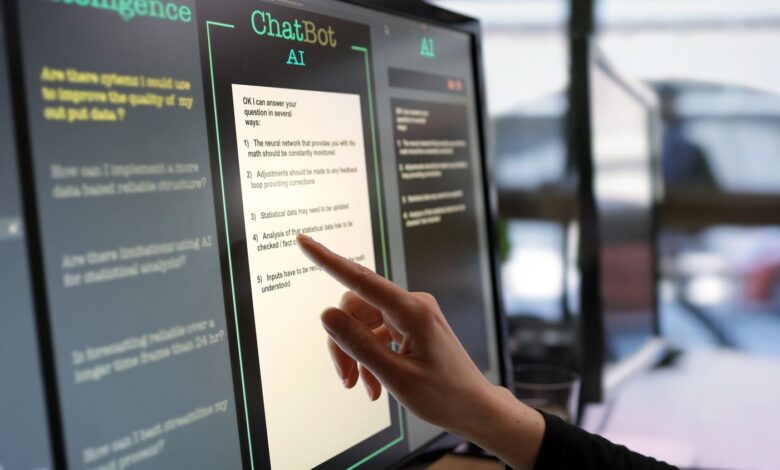Quick Read Series: How AI Will Affect the Economy?

Artificial Intelligence (AI) is poised to revolutionize the global economy, transforming industries, altering labor markets, and reshaping the way businesses operate. As we stand on the brink of this technological revolution, it is crucial to understand the multifaceted impacts AI will have on the economy.
This first Quick Read series tackles the key areas where AI will make an impact, exploring the potential benefits and challenges of its integration into economic systems. We shed the light on the following aspects:
- The Rise of the Machines: Automation and Job Displacement
- AI as a Productivity Booster: Growth and Efficiency
- The Rise of New Industries and Job Opportunities
- The Evolving Nature of Work: The Human-AI Collaboration
- The Distributional Impact of AI: Inequality and the Need for Upskilling
- The Ethical Considerations of AI: Bias, Transparency, and Job Security
- The Global Race for AI Supremacy: Competition and Collaboration
- The Future of Work in an AI-Powered Economy
Keep In Mind
The integration of AI into the economy presents both opportunities and challenges. While AI has the potential to drive economic growth, enhance productivity, and create new job opportunities, it also poses risks related to job displacement, economic inequality, and ethical concerns.
A balanced approach that leverages the benefits of AI while addressing its challenges is essential to ensure a prosperous and equitable future. By fostering innovation, promoting lifelong learning, and implementing robust regulatory frameworks, we can harness the power of AI to create a more efficient, inclusive, and dynamic economy.